The age of criminal responsibility
England and Wales ‘substantially out of kilter with the rest of the world’, says filmmaker whose drama tops Netflix charts
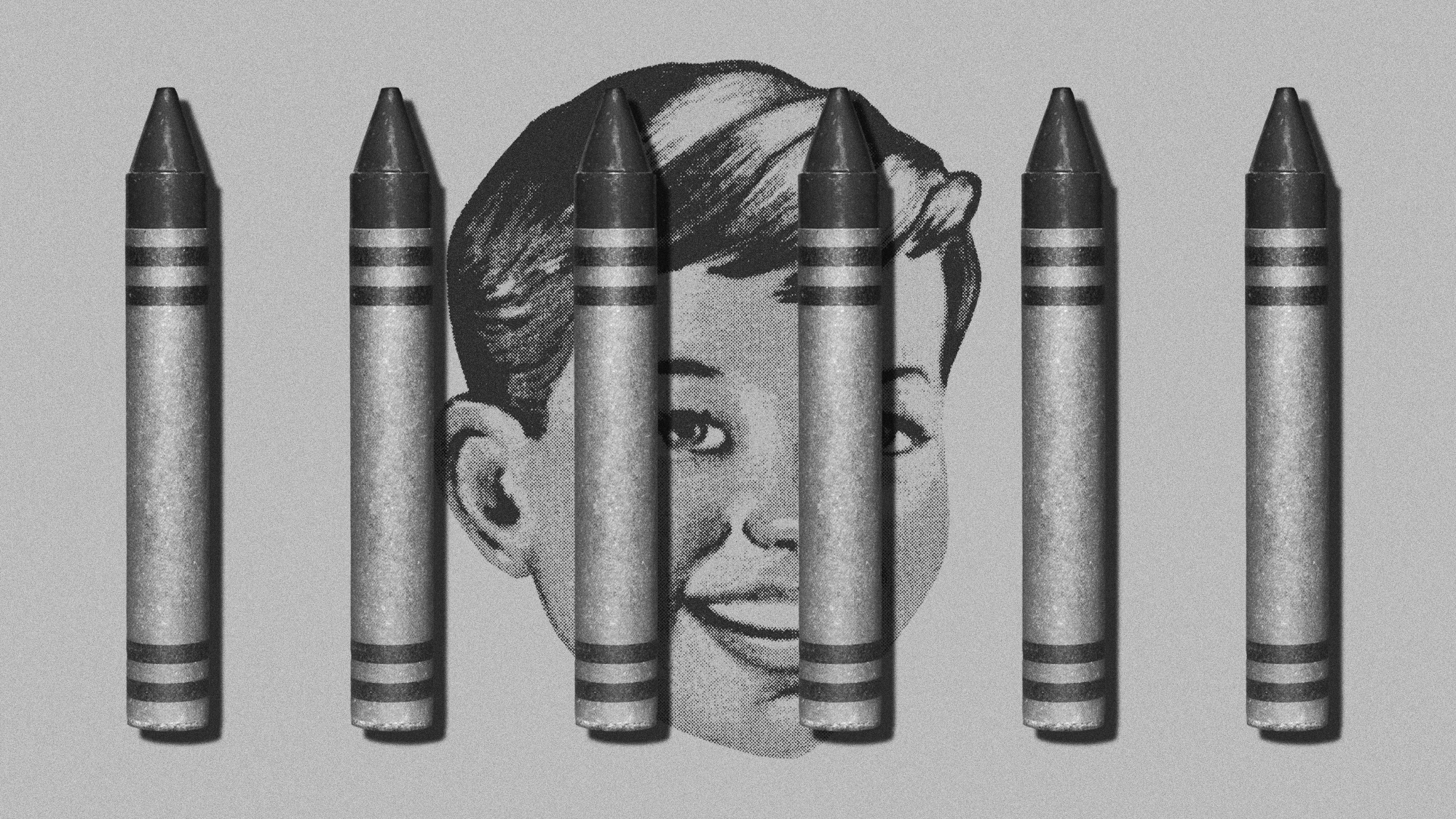
A free daily email with the biggest news stories of the day – and the best features from TheWeek.com
You are now subscribed
Your newsletter sign-up was successful
“Responsible Child”, the ripped-from-the-headlines story of a 12-year-old boy who stands trial for murder, is top of the Netflix film charts.
The TV movie, which first aired on the BBC in 2019, “explores the nuanced issue of what age children ought to be responsible for their actions in a legal context”, said Cosmopolitan. It is loosely based on the real-life story of Jerome and Joshua Ellis, who were 14 and 23 when they killed their stepfather in 2013.
Filmmaker Nick Holt had “started asking more questions about the age at which people can stand trial in front of a jury”, he told Radio Times in 2019, after witnessing the trial of a young boy first hand. “When it turned out it was 10, and I saw how it compared to other countries, I was even more surprised. It’s substantially out of kilter with the rest of the world.”
The Week
Escape your echo chamber. Get the facts behind the news, plus analysis from multiple perspectives.

Sign up for The Week's Free Newsletters
From our morning news briefing to a weekly Good News Newsletter, get the best of The Week delivered directly to your inbox.
From our morning news briefing to a weekly Good News Newsletter, get the best of The Week delivered directly to your inbox.
What is the age of responsibility in the UK?
In England, Wales and Northern Ireland the age of criminal responsibility – defined as the minimum age a person can be held legally responsible for a crime – is 10 years old. This means children under 10 cannot be arrested or charged with a crime, although they can be given a local child curfew, child safety order, or – in extreme cases of repeated offending – taken into care. In Scotland, the age of criminal responsibility was raised to 12 in 2019.
Since 1963, when the law first recognised a minimum age of criminal responsibility and set it at 10, “our understanding of how the adolescent brain develops – and how that affects decision-making – has increased”, said the BBC.
Nicholas Mackintosh, who chaired a Royal Society study on brain development in 2011, told the BBC at the time that there was “incontrovertible evidence that the brain continues to develop throughout adolescence”. Some regions responsible for decision-making and impulse control do not fully mature “until at least the age of 20”.
The Royal Society’s report cited concern among some neuroscientists that the age of criminal responsibility in the UK was set too low. The age has not changed since then.
A free daily email with the biggest news stories of the day – and the best features from TheWeek.com
How are children handled differently?
Under the current law, children in England and Wales aged between 10 and 17 “can be arrested and taken to court if they commit a crime”, but are still “treated differently from adults”, said the UK government.
Most will have their cases heard in youth courts, which have “specific rules in place to safeguard the child’s welfare and maintain anonymity”, said Lawtons Solicitors. Sentences are “less severe”, with imprisonment “only being imposed as a last resort for the most serious offences”. Those found guilty are sent to special secure centres for young people rather than adult prisons, with a greater emphasis on rehabilitation and preventing reoffending.
However, for very serious offences, or crimes in which a child is charged alongside an adult, cases can be heard by a crown court. Between 1995 and 2020, it is estimated that more than 7,000 children aged 10-14 have been tried at crown courts in England and Wales.
How does the UK compare to other countries?
The United Nations has repeatedly called for the age of criminal responsibility to be raised to at least 12 by all member nations, with 14 the most common age around the world, said the National Youth Justice Network.
This means England and Wales are outliers, with the current age of 10 being lower than any other European country. Portugal, at 16, has the highest age of criminal responsibility in Europe.
Sweden’s Prime Minister Ulf Kristersson went against the grain last month by announcing plans to lower the age of criminal responsibility from 15 to 14. This came after an “increase in cases of crime gangs recruiting children via social media and using them as hitmen”, said Reuters.
-
 Are Big Tech firms the new tobacco companies?
Are Big Tech firms the new tobacco companies?Today’s Big Question Trial will determine if Meta, YouTube designed addictive products
-
 El Paso airspace closure tied to FAA-Pentagon standoff
El Paso airspace closure tied to FAA-Pentagon standoffSpeed Read The closure in the Texas border city stemmed from disagreements between the Federal Aviation Administration and Pentagon officials over drone-related tests
-
 Political cartoons for February 12
Political cartoons for February 12Cartoons Thursday's political cartoons include a Pam Bondi performance, Ghislaine Maxwell on tour, and ICE detention facilities
-
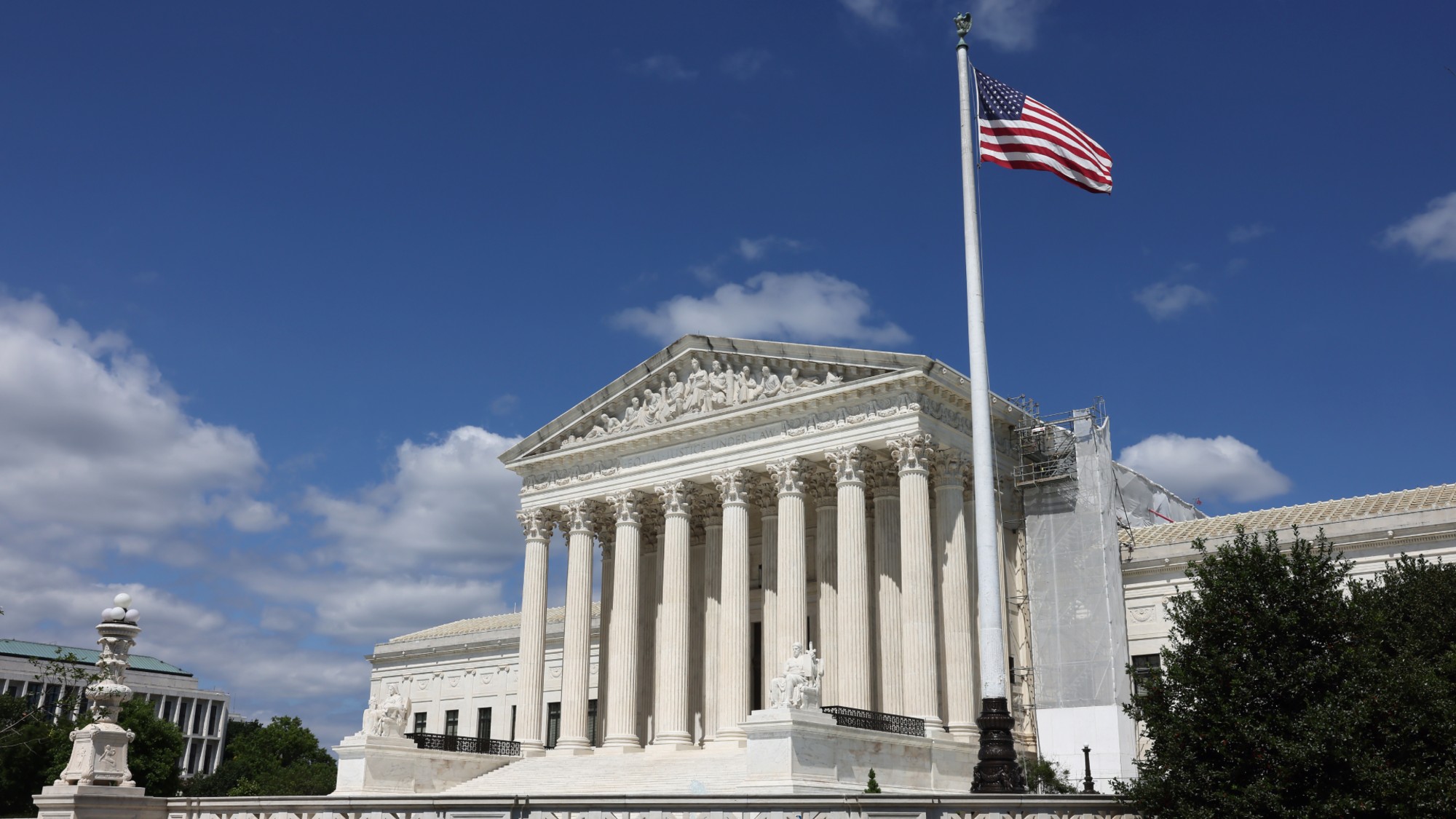 How far does religious freedom go in prison? The Supreme Court will decide.
How far does religious freedom go in prison? The Supreme Court will decide.The Explainer The plaintiff was allegedly forced to cut his hair, which he kept long for religious reasons
-
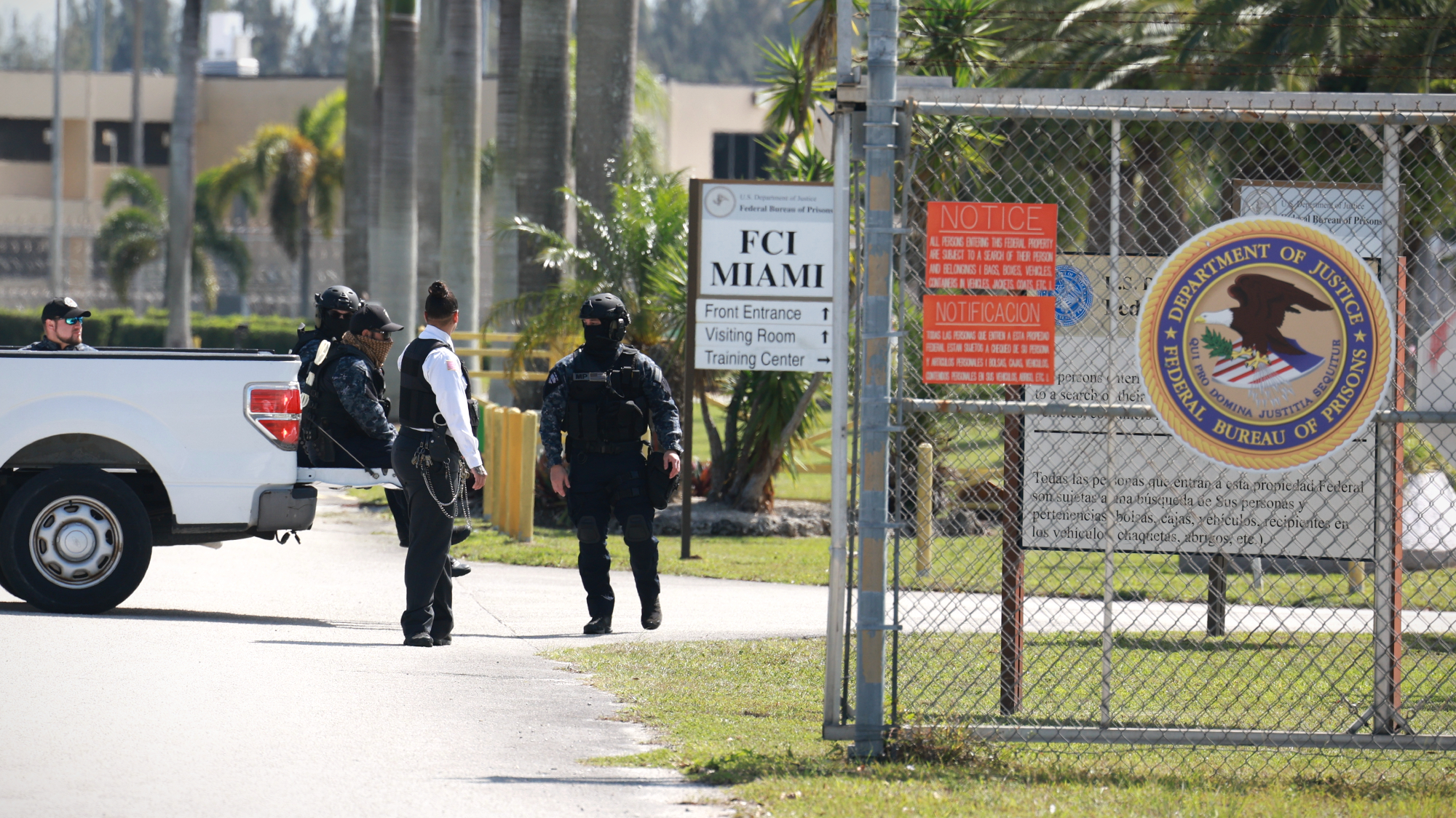 Congress OKs greater prisons oversight
Congress OKs greater prisons oversightSpeed Reads The legislation came after reporting from The Associated Press exposed corruption in the prison system
-
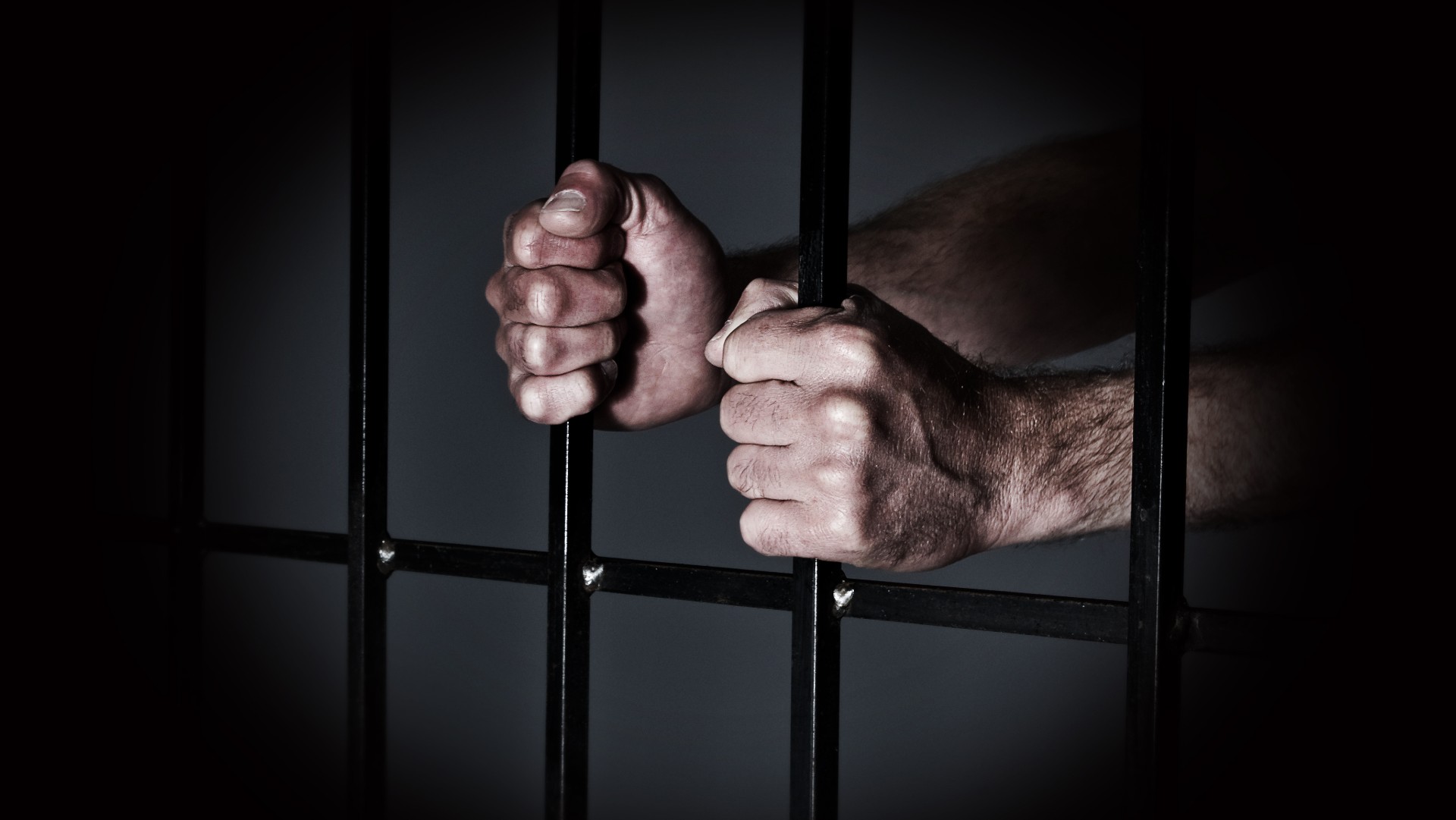 Whole-life sentences: when life in prison actually means life
Whole-life sentences: when life in prison actually means lifefeature Lucy Letby becomes only fourth woman in UK to receive country’s harshest penal punishment
-
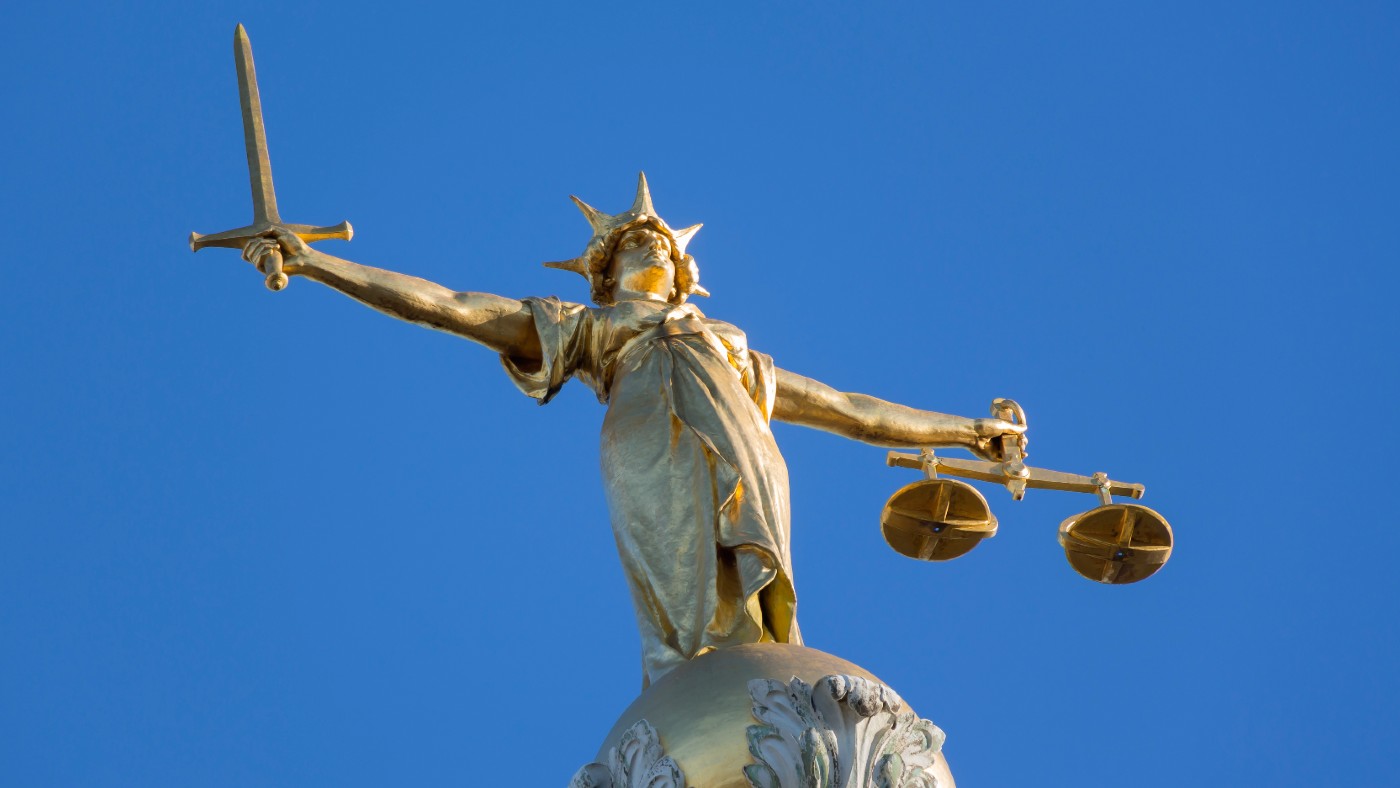 What’s causing the ‘chaos’ in the UK criminal justice system?
What’s causing the ‘chaos’ in the UK criminal justice system?Today's Big Question Shortage of prison cells and real-terms pay cut for solicitors has increased talk of ‘crisis’
-
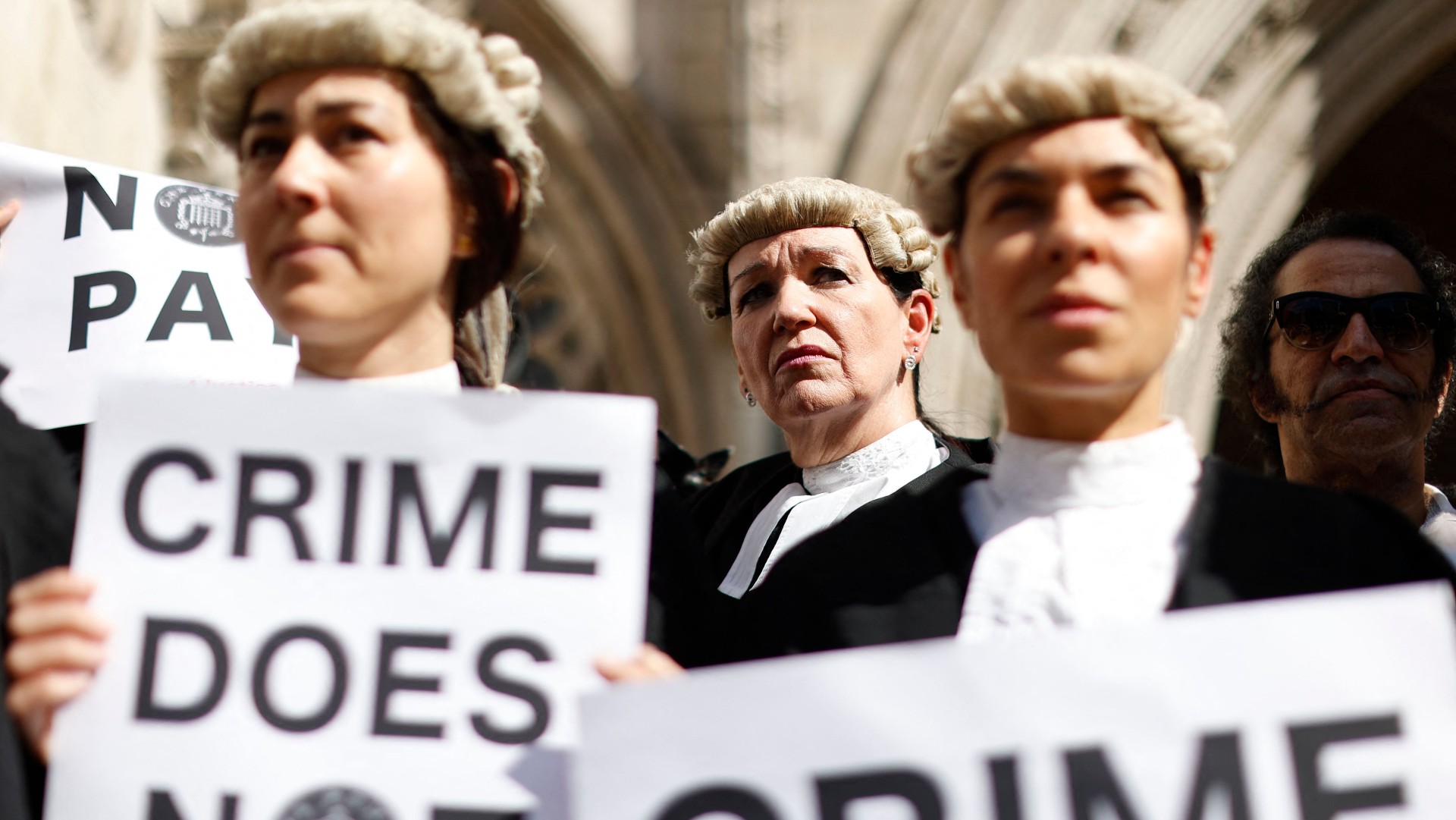 Should criminal barristers be allowed to strike?
Should criminal barristers be allowed to strike?Talking Point Prolonged dispute over cuts to pay and legal aid has led to indefinite walkout in September
-
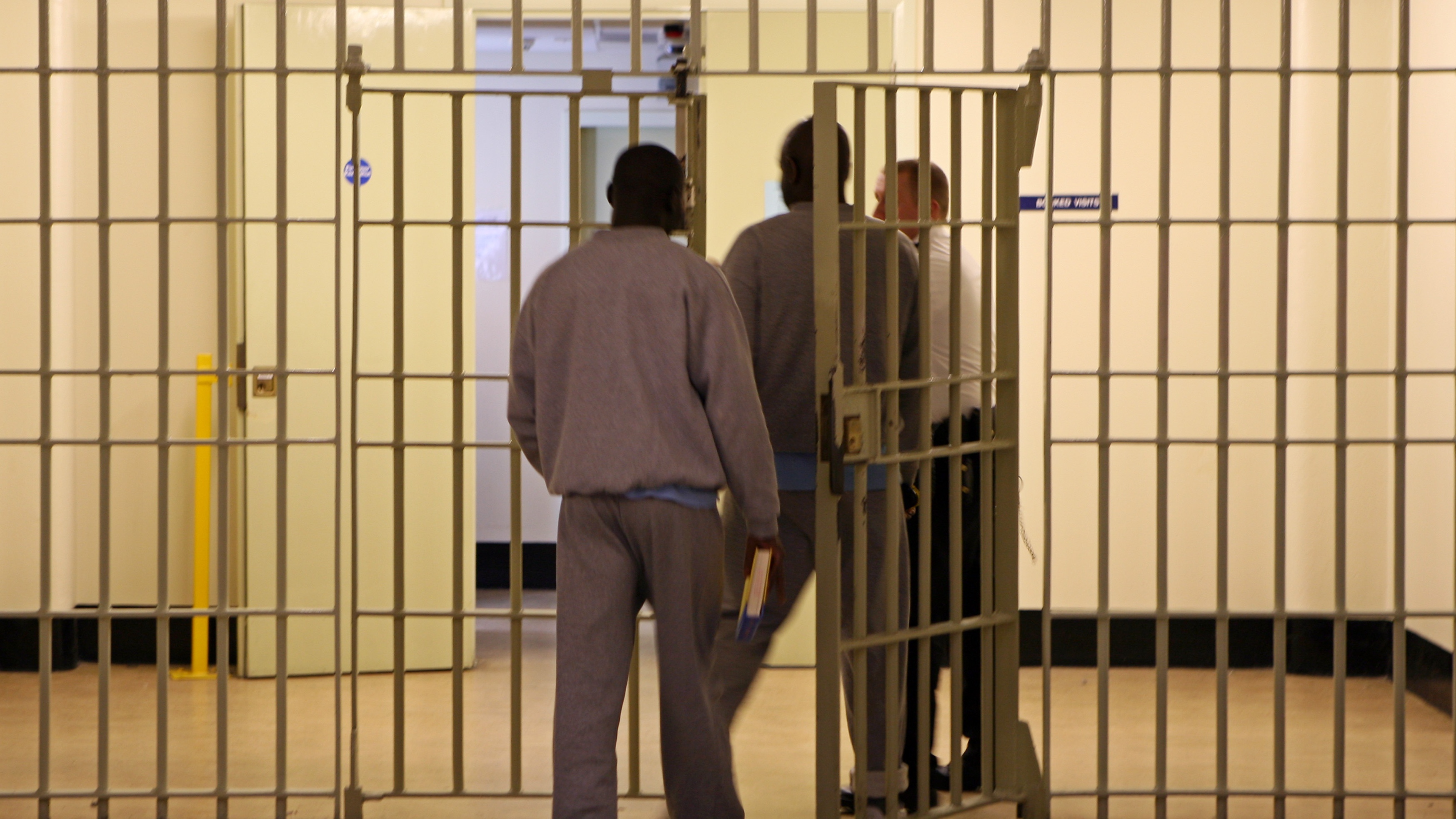 Should ministers have powers to stop early release for prisoners?
Should ministers have powers to stop early release for prisoners?Talking Point Inmates could be forced to serve the full term of their sentence under new powers
-
 Why the CPS is accused of quietly dropping rape cases
Why the CPS is accused of quietly dropping rape casesIn Depth Prosecutors to face judicial review challenge over alleged covert policy changes
-
 What is an injunction?
What is an injunction?In Depth Ban on naming of mystery #MeToo businessman has renewed interest in the controversial court orders